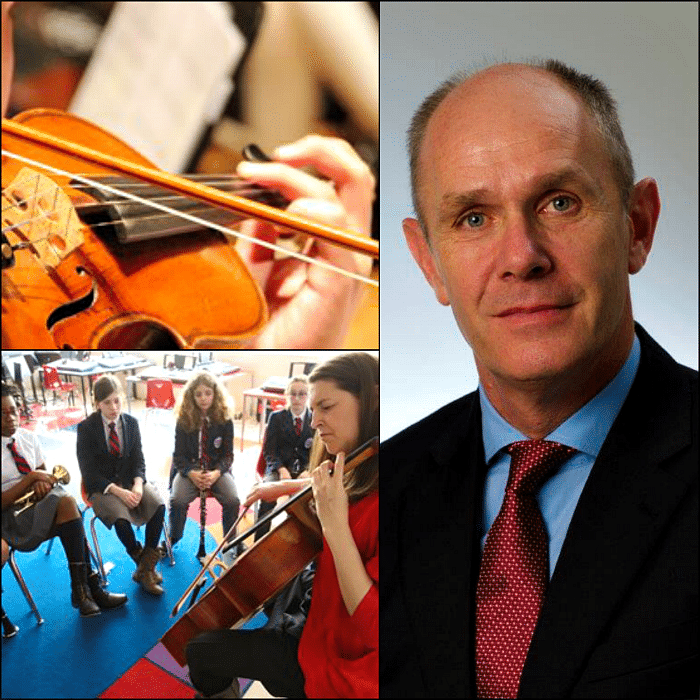Education is about inspiring people to learn and to be passionate about learning. But for too long, and in too many schools and countries around the world, a growing desire to reduce education into league tables has taken the joy out of learning. We, as educators, have a duty to bring inspiration back into the classroom.
It is this belief that has led Nord Anglia Education – a network of international schools that attracts some of the most academically gifted pupils from around the world – to collaborate with the world’s leading performing arts school, The Juilliard School.
Our new collaboration – through which we have developed a new curriculum with Juilliard staff and alumni working closely with NAE staff – has launched this academic year. And it came about because of a shared worldview – that the performing arts play a powerful role in society, not least providing the opportunity to inspire a love of learning for young people across all subjects.

It’s a common criticism of many schools, and indeed education systems themselves: he excessive emphasis on league tables of examination results has narrowed school curricula, limiting children’s education. Education should do more than this, with a focus on educating the whole child – and that means developing them intellectually, culturally and emotionally.
But why start with the performing arts? It’s an obvious question when there is such focus on the need to ensure young people are ready for the world of work. How can there be time for music, dance or drama, when a relentless pursuit of minutely measured literacy, numeracy and science is what is needed?
Because we believe that the performing arts is a key, unlocking many of those skills that inspire children to engage with all their studies and develop a love of learning.
The programme is not an attempt to develop world-leading musicians – that is the role of The Juilliard School. But we do want to use our combined expertise and the power of the performing arts to inspire and engage students. It is well documented that young people in particular relate to music and the performing arts in a way that can rarely be replicated across the board in other academic subjects. If we can ignite their love of learning with music and the performing arts, we can ensure that flows across their studies.
We also know that learning music and the performing arts is linked to higher academic performance, helping improve literacy, mathematics and cognitive development. Evidence suggests that students who participate in learning the arts achieve higher grades in school, and students who receive musical instruction demonstrate enhanced brain performance.
The performing arts also teach students skills they are likely to need in the modern workplace – creativity, critical thinking and the ability to collaborate. And we know that if we can ignite a love of learning in young people in one area – for example music, which young people relate to in a very powerful way – than that can be used to spark a passion for learning across the board.
There is a clear, rational argument for using the performing arts as a building block for every child’s education. We need to educate the whole child, developing emotionally, academically and culturally rounded young people, ready to engage with the world. The performing arts connect people around the world like nothing else in human creation and we believe inspiring a love of culture at a young age is something all educators should make a priority. It would make us all the richer.
